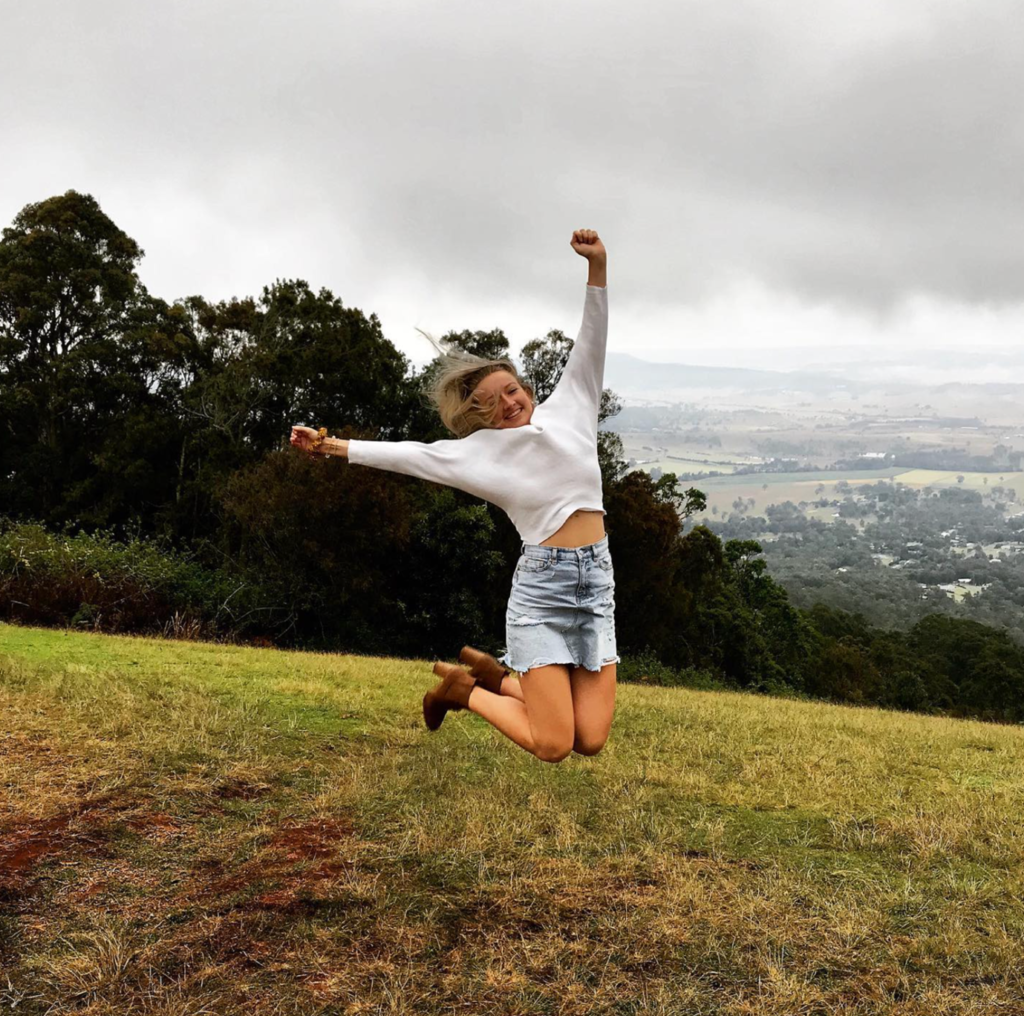
At 20, Emily Counter was a typical fit, healthy young woman living life to the fullest.
In 2018, Emily was at a gym in Noosa, following her usual workout routine. That day, she was using the rowing machine doing interval training when her heart suddenly stopped.
Without warning, she went into cardiac arrest.
Gym-goers rushed to help. They noticed she was having a seizure and immediately started CPR and grabbed the gym’s automated external defibrillator (AED) they luckily had. After a single shock, Emily’s heart was restarted. She was rushed to the hospital, but her fight for survival was far from over.
Emily was in a coma for three days and spent weeks in the hospital. When she woke, she was confused and disoriented. She had lost chunks of her memory and, at one point, even thought she had given birth to a baby.
During her recovery, she was diagnosed with a very rare birth defect called Bland-White-Garland Syndrome, which occurs in only 1 in 300,000 babies. Without surgical repair, most of these children die during the first months of life. It is extremely rare that Emily survived to adulthood without her condition presenting.
The disease had caused her heart to develop abnormally, and it explained some of the symptoms Emily had experienced growing up—like migraines and breathlessness when playing sport.
Emily underwent open-heart surgery to fix the defect, which was followed by months of rehabilitation. Her initial experience in the hospital was isolating—she was placed in a ward with much older patients who were at a completely different stage of life.
The experience was also hard for her family, especially her parents, who were told there was a 70% chance Emily wouldn’t remember them. Emily’s cardiac arrest left her with memory loss, anxiety, and stress. She was diagnosed with PTSD following the event and began regular therapy to process her experience.
“I’m blessed to have had a big family and a lot of support,” she says. Emily especially thanks her grandmother, for encouraging her to put a positive spin on her recovery.
Emily’s positive attitude ignited a passion for helping others. She changed careers and is now in her third year of studying occupational therapy.
She has also become a passionate advocate raising awareness about the importance of AEDs and CPR, campaigning for their compulsory availability in gyms across Queensland.
Emily sees her survival as an opportunity to give back, determined to use her experience for good.
It took time before she could face the rowing machine again. She trains harder than before and uses her experience to inspire others through her Instagram @emilysheartbeat.